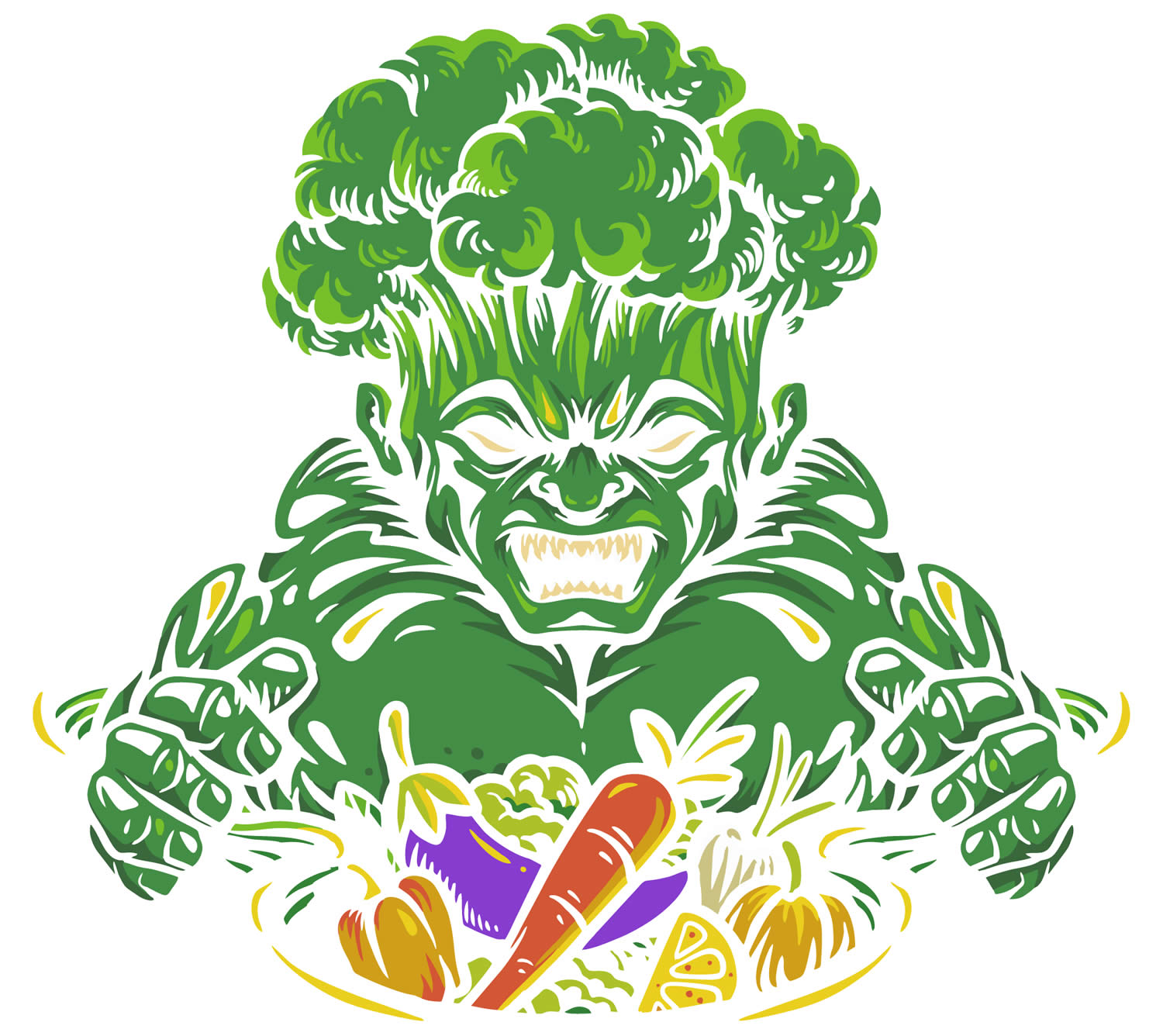
The German vegetarier, as well as the French végétarien and Spanish vegetariano, adapted the word in the mid-nineteenth century based on the reference from the English vegetarian, registered as such in 1842, in the British magazine The Healthian, focused on psychology and nutrition, however, the term was already used socially as implied in the quote, which satirizes and certainly criticizes this way of life describing that it is useless to tell a healthy vegetarian that his diet is unfriendly to the needs of his nature, and that it defies reason (*see original passage below).
There is a previous reference, corresponding to the experiences of the British writer Frances Anne Kemble, in her Journal of a Residence on a Georgian Plantation in 1838-1839, published not until 1863, in which the author states that, if she had to be her own cook, she would inevitably have had to become a vegetarian. Later, in 1847, the Vegetarian Society is founded in Ramsgate, establishing and popularizing the idea forever.
Its semantics responds to the conjugation of the elements of the English vegetable, proceeding, in the same way as the Spanish vegetable does, from the late Latin vegetabĭlis, in the sense of creating or developing life, in relation to medieval Latin in vegetalis, associated with the Latin vegetāre, which is interpreted as being alive or a living being. It is complemented by the English suffix -ian, on the Latin root -ārius, acting on the attribution of the adjective as well as the noun as the case may be. For its part, the noun vegetarianism is governed by the suffix -ism, which assigns it as a specific practice.
Being vegetarian means nourishing yourself and maintaining the fullness of your life from the elements provided by the vegetable kingdom, including eggs and milk as an exception, as well as those derived from them, such as cheese but absolutely forbidding the consumption of meat.